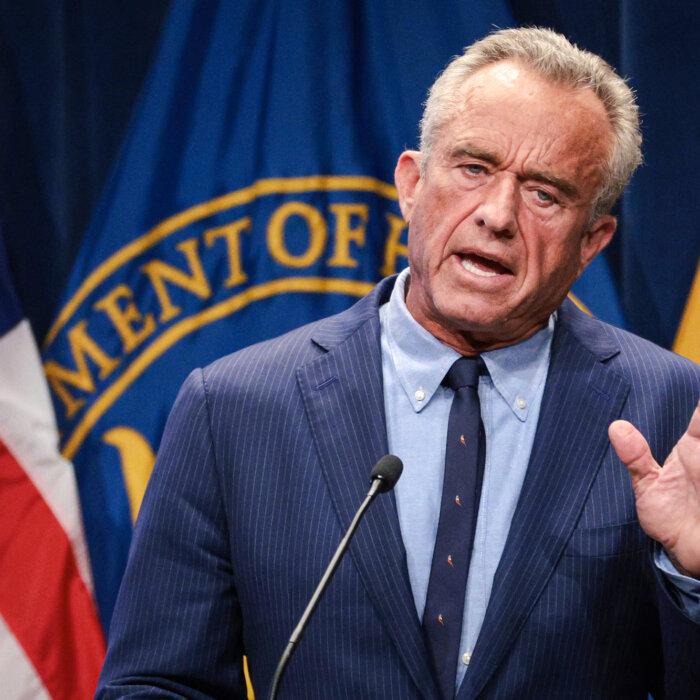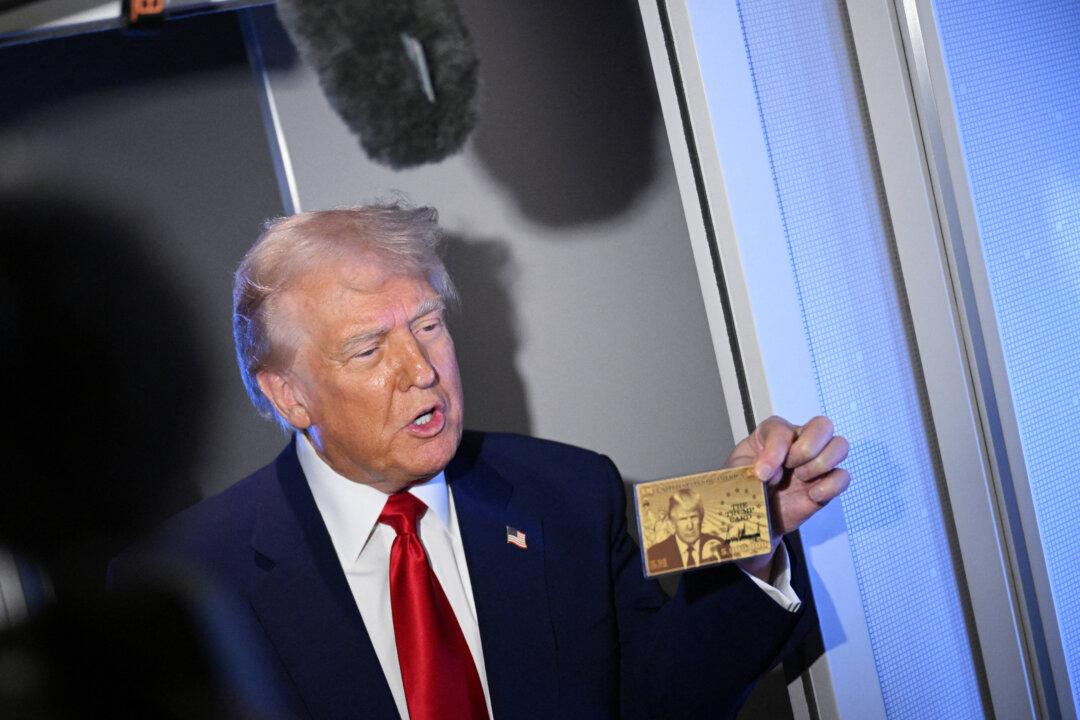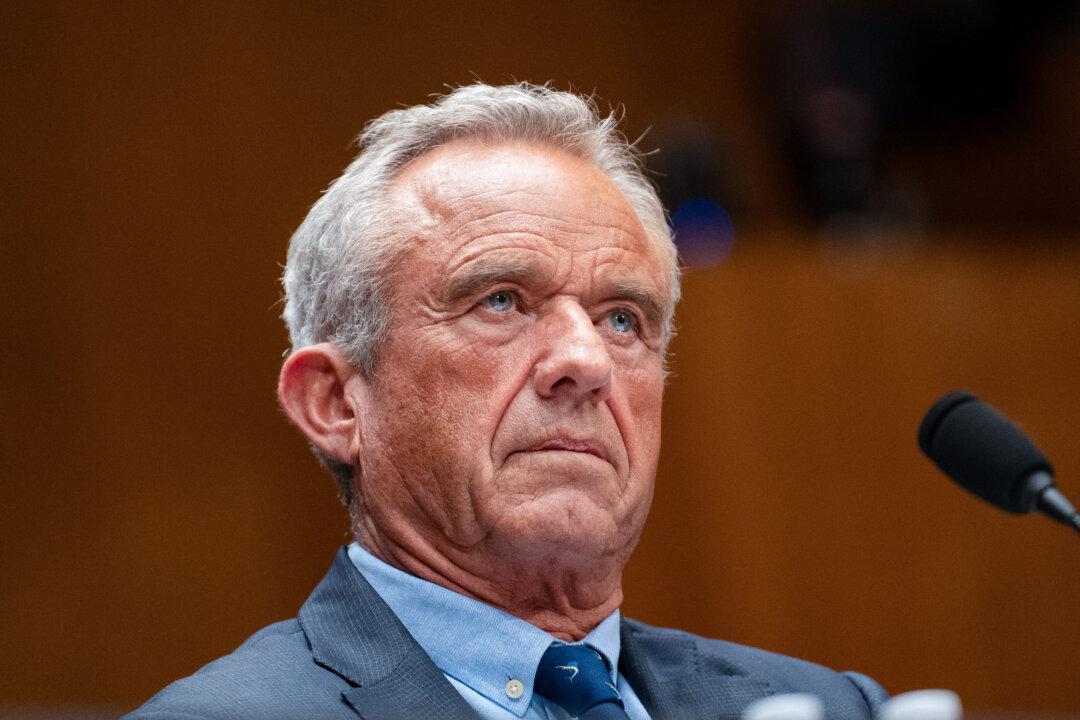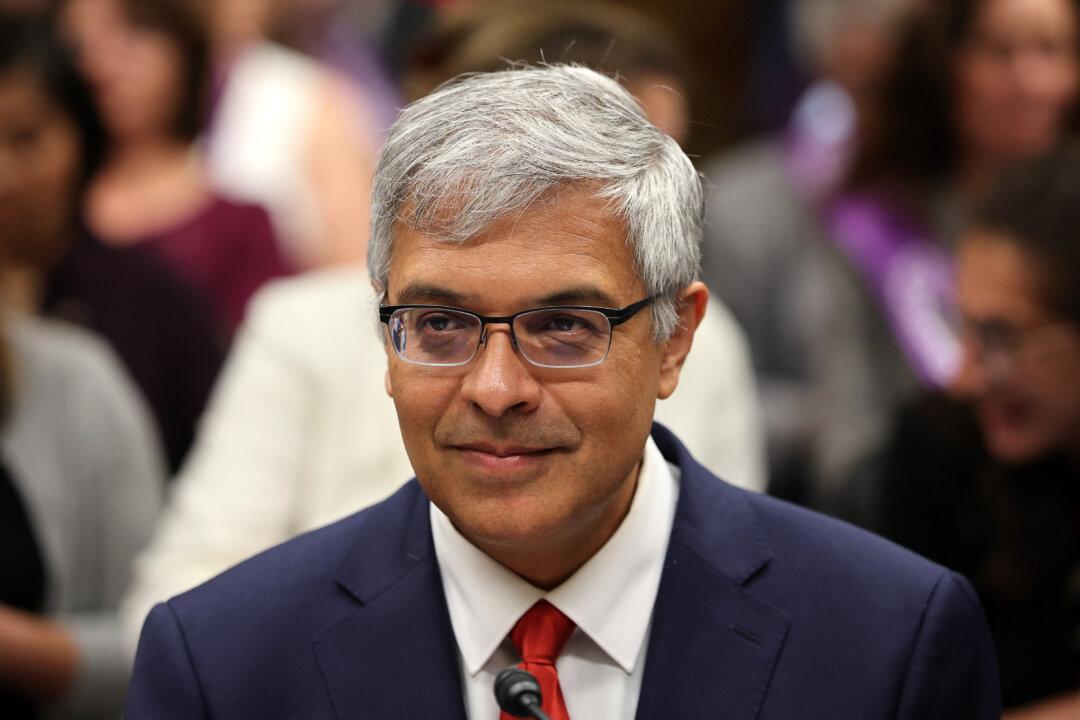The Department of Health and Human Services (HHS) is going to work to find treatments for measles, which has caused multiple outbreaks in the United States in 2025, a spokesperson says.
Health Secretary Robert F. Kennedy Jr. “will be enlisting the entire agency to activate a scientific process to treat a host of diseases, including measles, with single or multiple existing drugs in combination with vitamins and other modalities,” an HHS spokesperson told The Epoch Times in a May 1 email.
HHS includes the Centers for Disease Control and Prevention, the National Institutes of Health, and the Food and Drug Administration.
“This effort will involve collaboration with universities nationwide to develop protocols, conduct testing, and pursue approval for new uses of safe and effective therapeutics that meet the highest scientific standards,” the spokesperson stated.
It wasn’t clear which universities would be involved.
“Medical care is generally supportive to help relieve symptoms,” the fact sheet said. “Vitamin A may be used under the supervision of a healthcare provider. Other therapies, such as antibiotics should be prescribed based on clinical judgement by an individual healthcare provider.”
The CDC also told providers that vitamin A does not prevent measles and is not a substitute for vaccination. It also highlighted research that found that vitamin A successfully prevents measles deaths in children in areas with vitamin A deficiency, while stating that many American children are not deficient in vitamin A, and warned that overusing vitamin A can lead to problems such as liver damage.
Kennedy has said that people should receive the measles, mumps, rubella vaccine.
“If you take that vaccine, you’re unlikely to get measles,” he said during a recent town hall.
He has also noted that the shot has side effects, that some people will decline to take the vaccine, and that it is important for doctors to know how to treat measles patients.
“The CDC continues to recommend measles vaccination as the most effective way to prevent the disease,” the HHS spokesperson said. “At the same time, we recognize that some individuals and communities across the U.S. may choose not to vaccinate. Our commitment is to support all families—regardless of their vaccination status—in reducing the risk of hospitalization, serious complications, and death from measles.”
Kennedy told reporters in Texas on May 1 that some Mennonites in south Texas have religious objections to vaccination and that health officials were “developing now a worksheet for doctors to address the epidemic, to address people who have it, not just with vaccination, but actually with budesonide, with clarithromycin, with vitamin A, and many, many other treatments that have been shown very effective.”
Some doctors, such as Dr. Richard Bartlett, have said they’ve used budesonide, a steroid, and clarithromycin, an antibiotic, with success against measles, but others have criticized the promotion of the drugs as measles treatments.





